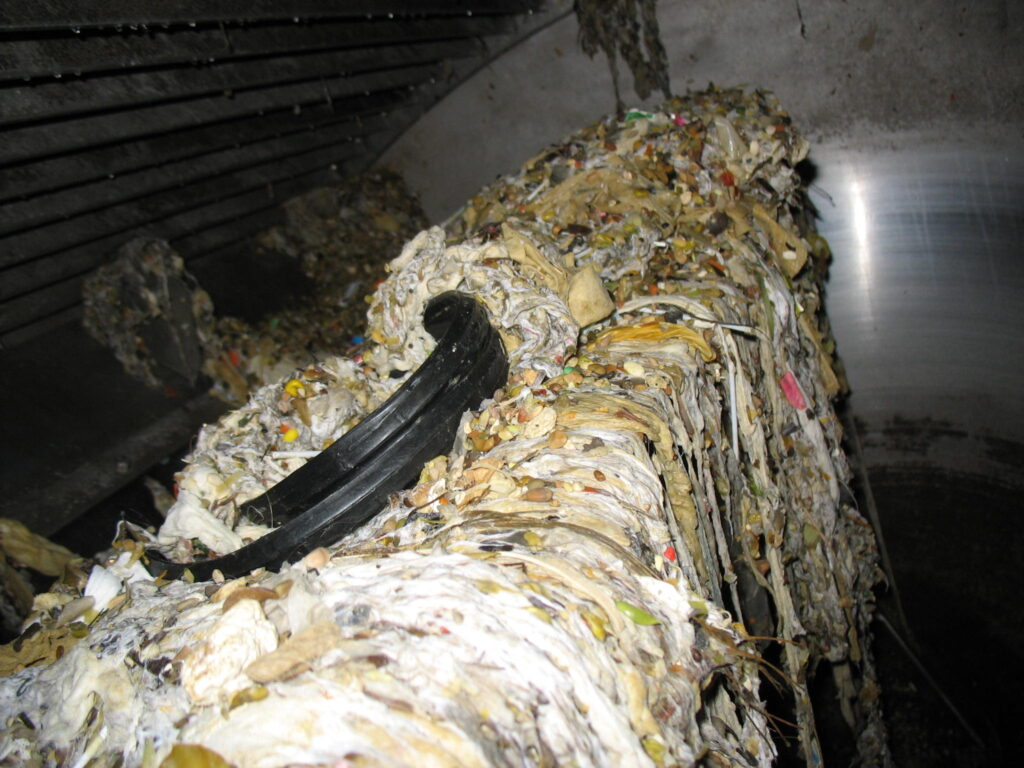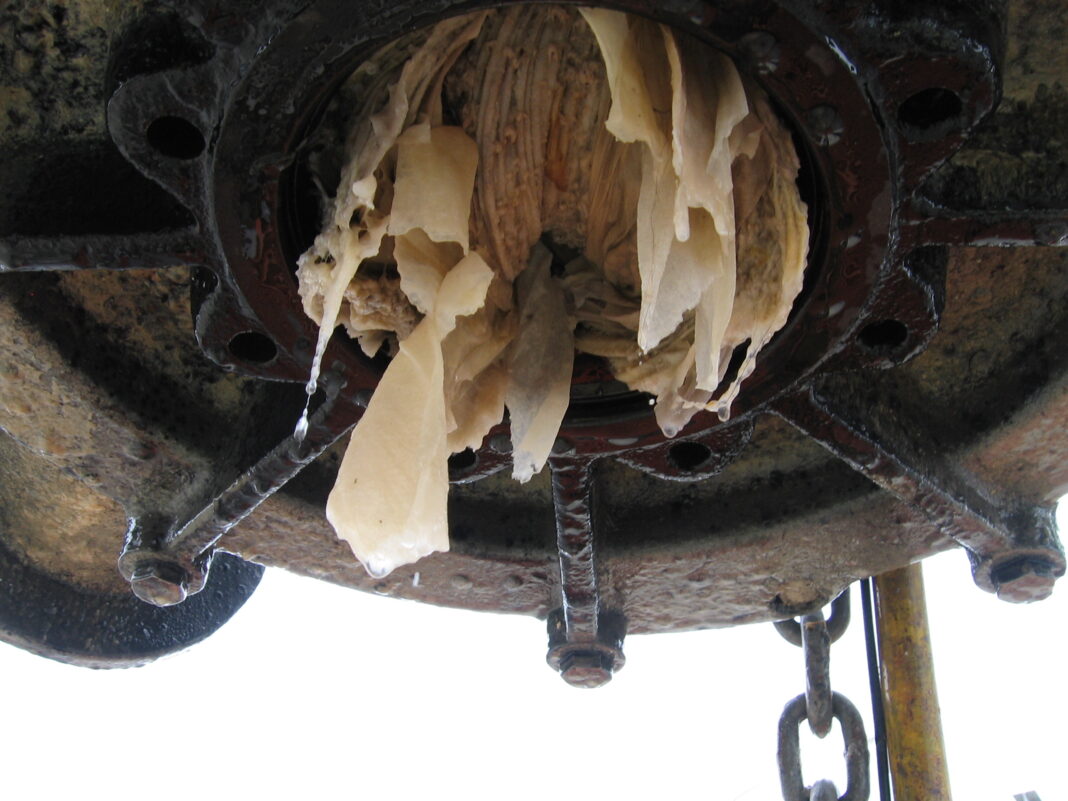Icon Water reported an increase in blockages across the sewerage network in March as Canberrans turned to wet wipes and paper towels as wiping substitutes due to toilet paper shortages caused by the COVID-19 pandemic.
In March alone, Icon Water saw an additional 97 blockages across the network compared to the previous year. Meanwhile, the maintenance crews have also seen an increase in blockages in the treatment plant due to large amounts of wet wipes and other non-flushables.
The issue of toilet paper substitutes is particularly relevant following a recent judgement in relation to ‘flushable’ wipes.
The Full Federal Court recently dismissed an appeal by the Australian Competition & Consumer Commission (ACCC) and found that Kimberly-Clark Australia Pty Ltd (Kimberly-Clark) did not make false and misleading claims that its Kleenex Cottonelle toilet wipes were flushable.
The ACCC alleged that by labelling these products as ‘flushable’, consumers would believe the Kleenex wipes products had similar characteristics to toilet paper and would break up or disintegrate in a similar timeframe.
While Icon Water respects the Federal Court judgement, Rob Allen, Icon Water Manager Operations Services, said they are concerned with the implications of the Court’s decision.
“While each case is decided on its own facts, in our experience wet wipes are a significant problem for sewerage systems not only here in Canberra but across Australia, impairing the operability of infrastructure and increasing maintenance costs,” Mr Allen said.
In 2018/19, Icon Water spent more than $1 million on reactive sewerage maintenance. Their specialist maintenance service crews proactively cleaned around 216km of sewer pipes last financial year, enough to stretch from Canberra to Wollongong.
“While our crews are busy clearing these blockages, it takes them away from other important work they could be doing to maintain the ACT’s water and sewerage infrastructure,” Mr Allen said.
Icon Water said they will continue to invest in the renewal of Canberra’s sewer mains and sewer cleaning programs to reduce the occurrence of blockages, but they really need the community’s support by remembering to only flush the 3P’s – pee, poo and (toilet) paper.
For Canberrans who wish to use wet wipes and other paper substitutes, it is recommended these items are binned rather than flushed, as they are not designed to break down easily in water.
“It’s not just our network at risk; the pipes that run from homes to the main sewer are only a few inches wide. They can become blocked easily and, if blocked, sewage can quickly back up into streets, gardens or even bathrooms, causing a dirty and costly mess – which is largely avoidable.”

In its judgement, the Full Federal Court acknowledged that blockages and ‘fatbergs’ pose an increasing problem for households and municipal waste water authorities. It said one response would be to introduce legislation or standards governing the characteristics of what can and what cannot be marketed or sold as ‘flushable’.
Australian water authorities are leading the development of an Australian standard on flushability.



